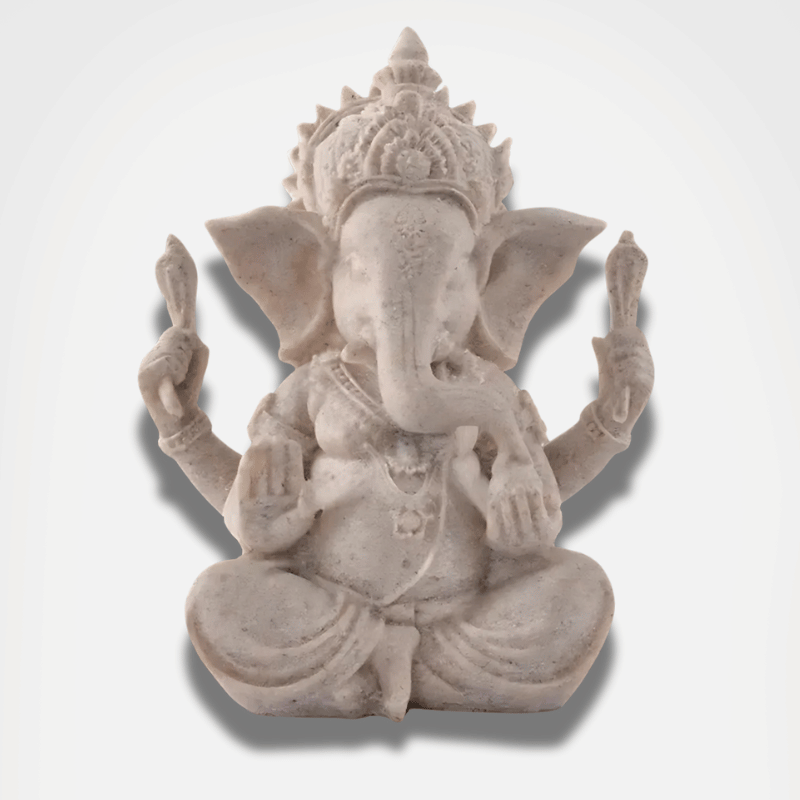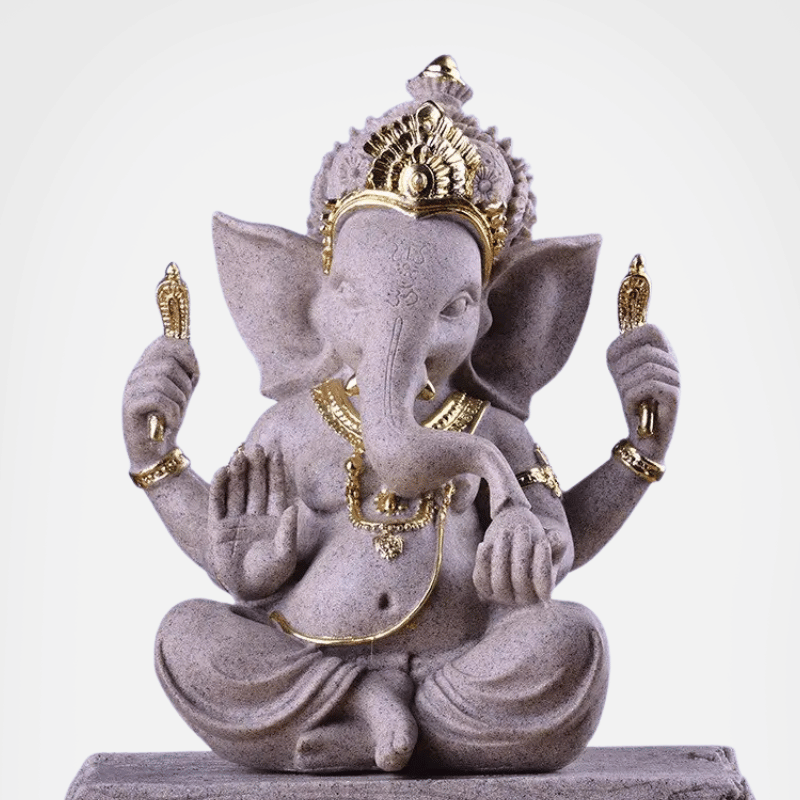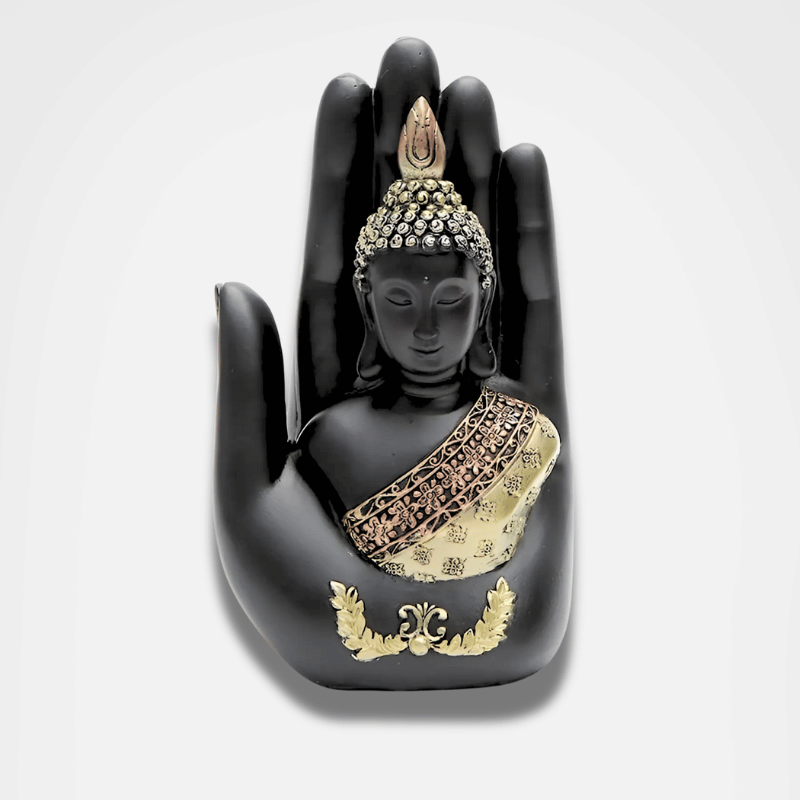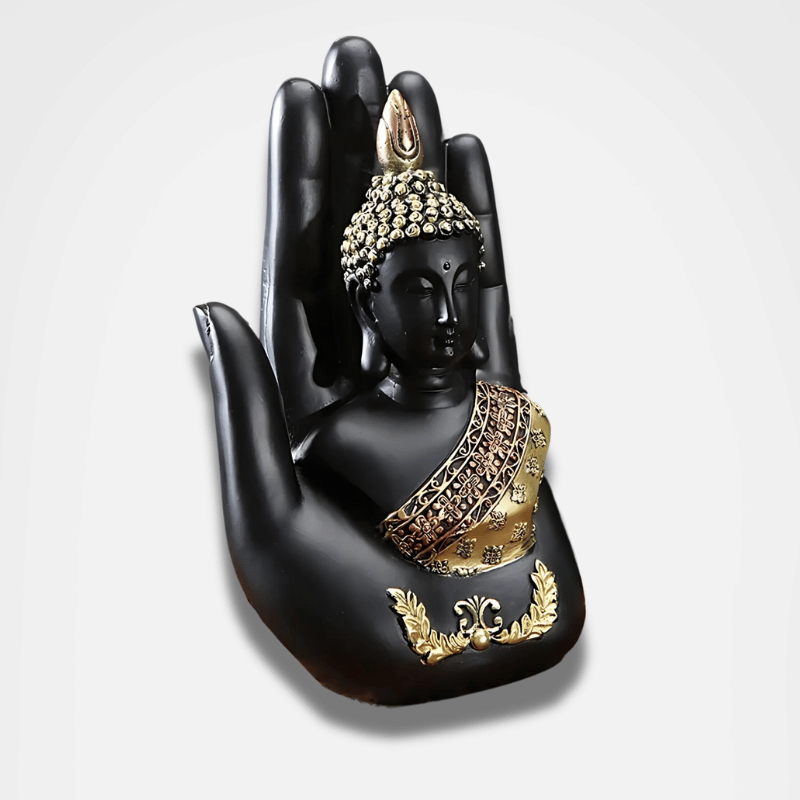How to become a Buddha - Essential strategies
How to become a Buddha - Essential strategies
Discover the path to enlightenment
Buddhism is a spiritual path that offers a valuable guide to achieving enlightenment and inner peace. To become a Buddha, it is essential to understand the key concepts of Buddhism and to put Buddha's teachings into practice. By developing your meditation, cultivating compassion, and practicing mindfulness, you can progress on the path to Buddha.
Meditation is an essential practice for becoming a Buddha. By focusing on your breathing and observing thoughts without judgment, you can calm the mind and develop deep mental clarity. Meditation also helps cultivate positive states of mind such as kindness, compassion and altruistic joy.
Cultivate compassion
Compassion is an essential trait to develop in order to become a Buddha. By recognizing the suffering of others and cultivating selfless love, we can transcend selfishness and judgment. Compassion provides comfort and support to others, while promoting universal harmony and goodwill.
Benevolence consists of wishing the happiness and well-being of all beings. It also includes being kind to oneself, practicing self-compassion and treating oneself with kindness and understanding. By developing kindness, we create a positive and caring environment that facilitates the practice of meditation and the search for enlightenment.
Altruistic joy is a form of happiness that arises from altruism. It manifests itself when we feel joy by seeing others happy and contributing to their happiness. Altruistic joy strengthens our motivation to continue the path to enlightenment and to help others achieve this state of wholeness.
Practice mindfulness
Mindfulness is a key practice in Buddhism. It consists of being fully aware of the present moment, observing your thoughts, emotions and sensations without judgment. Mindfulness allows you to develop deep mental clarity and fully appreciate every moment of life.
By practicing mindfulness, we can become aware of our negative and destructive thought patterns, and replace them with positive and caring thoughts. This helps us cultivate balanced states of mind and avoid being carried away by our negative emotions.
Mindfulness can be practiced in all daily activities, whether eating, walking or working. By being fully present in what we are doing, we develop an acute awareness of ourselves and the world around us. This allows us to live more fulfilling lives and gradually achieve enlightenment.
Cultivate altruism
Altruism is at the heart of Buddhism. To become a Buddha, it is essential to cultivate an altruistic spirit and seek to alleviate the suffering of others. By developing compassion, kindness and generosity, we can create a better world for ourselves and others.
Practice generosity
Generosity is a central virtue in Buddhism. By donating your time, resources and compassion, you contribute to the well-being of others and the flourishing of all beings. The practice of generosity strengthens our connection with others and allows us to transcend selfishness.
Generosity can take different forms, whether offering material donations, sharing knowledge or offering emotional support. By practicing generosity on a regular basis, we develop an open and caring mind which promotes spiritual growth.
It is also important to cultivate gratitude for the blessings received. By expressing gratitude and recognizing the kind actions of others, we create an atmosphere of gratitude and recognition that promotes the development of everyone.
Develop wisdom
Wisdom is an essential element in the practice of Buddhism. It involves developing a deep understanding of the nature of reality and transcending the illusion of the ego. By cultivating wisdom, one can dispel ignorance and achieve enlightenment.
Meditation on impermanence and emptiness is a key practice for developing wisdom. By realizing that everything is impermanent and void of its own nature, one can transcend attachment and desire. This allows us to live with detachment and wisdom, accepting life's changes with calm and equanimity.
Reading Buddha's teachings and studying Buddhist sutras are also ways to develop wisdom. By understanding the fundamental concepts of Buddhism, one can deepen one's understanding of the path to enlightenment and cultivate the wisdom necessary to guide one's practice.
Establish a daily practice
To become a Buddha, it is essential to establish a daily practice. By devoting time and energy to meditation, reflection and study, one can progress on the Buddha's path and transform one's life.
Creating a dedicated meditation space in your home is an effective way to deepen your practice. This allows you to fully concentrate on your meditation and create an atmosphere conducive to inner peace. It is also beneficial to practice meditation at set times each day, in order to establish personal discipline and maintain a regular practice.
Show perseverance
Perseverance is essential to progress on the path of Buddha. It is important to maintain regular practice and face obstacles with determination. Even when meditation becomes difficult or one encounters doubts, it is essential to remain persistent and continue practicing.
Practicing patience is also crucial. Spiritual transformation does not happen overnight, but it takes time and patience. By cultivating patience, we learn to accept life's challenges with calm and serenity, and to continue moving forward on the path of Buddha.
Finally, it is important to maintain positive relationships with other Buddhist practitioners. Seeking support and inspiration from a community can be extremely beneficial in maintaining motivation and progressing on the Buddha's path.
How to become a Buddha - Essential strategies
Discover the path to enlightenment
Buddhism is a spiritual path that offers a valuable guide to achieving enlightenment and inner peace. To become a Buddha, it is essential to understand the key concepts of Buddhism and to put Buddha's teachings into practice. By developing your meditation, cultivating compassion, and practicing mindfulness, you can progress on the path to Buddha.
Meditation is an essential practice for becoming a Buddha. By focusing on your breathing and observing thoughts without judgment, you can calm the mind and develop deep mental clarity. Meditation also helps cultivate positive states of mind such as kindness, compassion and altruistic joy.
Cultivate compassion
Compassion is an essential trait to develop in order to become a Buddha. By recognizing the suffering of others and cultivating selfless love, we can transcend selfishness and judgment. Compassion provides comfort and support to others, while promoting universal harmony and goodwill.
Benevolence consists of wishing the happiness and well-being of all beings. It also includes being kind to oneself, practicing self-compassion and treating oneself with kindness and understanding. By developing kindness, we create a positive and caring environment that facilitates the practice of meditation and the search for enlightenment.
Altruistic joy is a form of happiness that arises from altruism. It manifests itself when we feel joy by seeing others happy and contributing to their happiness. Altruistic joy strengthens our motivation to continue the path to enlightenment and to help others achieve this state of wholeness.
Practice mindfulness
Mindfulness is a key practice in Buddhism. It consists of being fully aware of the present moment, observing your thoughts, emotions and sensations without judgment. Mindfulness allows you to develop deep mental clarity and fully appreciate every moment of life.
By practicing mindfulness, we can become aware of our negative and destructive thought patterns, and replace them with positive and caring thoughts. This helps us cultivate balanced states of mind and avoid being carried away by our negative emotions.
Mindfulness can be practiced in all daily activities, whether eating, walking or working. By being fully present in what we are doing, we develop an acute awareness of ourselves and the world around us. This allows us to live more fulfilling lives and gradually achieve enlightenment.
Cultivate altruism
Altruism is at the heart of Buddhism. To become a Buddha, it is essential to cultivate an altruistic spirit and seek to alleviate the suffering of others. By developing compassion, kindness and generosity, we can create a better world for ourselves and others.
Practice generosity
Generosity is a central virtue in Buddhism. By donating your time, resources and compassion, you contribute to the well-being of others and the flourishing of all beings. The practice of generosity strengthens our connection with others and allows us to transcend selfishness.
Generosity can take different forms, whether offering material donations, sharing knowledge or offering emotional support. By practicing generosity on a regular basis, we develop an open and caring mind which promotes spiritual growth.
It is also important to cultivate gratitude for the blessings received. By expressing gratitude and recognizing the kind actions of others, we create an atmosphere of gratitude and recognition that promotes the development of everyone.
Develop wisdom
Wisdom is an essential element in the practice of Buddhism. It involves developing a deep understanding of the nature of reality and transcending the illusion of the ego. By cultivating wisdom, one can dispel ignorance and achieve enlightenment.
Meditation on impermanence and emptiness is a key practice for developing wisdom. By realizing that everything is impermanent and void of its own nature, one can transcend attachment and desire. This allows us to live with detachment and wisdom, accepting life's changes with calm and equanimity.
Reading Buddha's teachings and studying Buddhist sutras are also ways to develop wisdom. By understanding the fundamental concepts of Buddhism, one can deepen one's understanding of the path to enlightenment and cultivate the wisdom necessary to guide one's practice.
Establish a daily practice
To become a Buddha, it is essential to establish a daily practice. By devoting time and energy to meditation, reflection and study, one can progress on the Buddha's path and transform one's life.
Creating a dedicated meditation space in your home is an effective way to deepen your practice. This allows you to fully concentrate on your meditation and create an atmosphere conducive to inner peace. It is also beneficial to practice meditation at set times each day, in order to establish personal discipline and maintain a regular practice.
Show perseverance
Perseverance is essential to progress on the path of Buddha. It is important to maintain regular practice and face obstacles with determination. Even when meditation becomes difficult or one encounters doubts, it is essential to remain persistent and continue practicing.
Practicing patience is also crucial. Spiritual transformation does not happen overnight, but it takes time and patience. By cultivating patience, we learn to accept life's challenges with calm and serenity, and to continue moving forward on the path of Buddha.
Finally, it is important to maintain positive relationships with other Buddhist practitioners. Seeking support and inspiration from a community can be extremely beneficial in maintaining motivation and progressing on the Buddha's path.














































